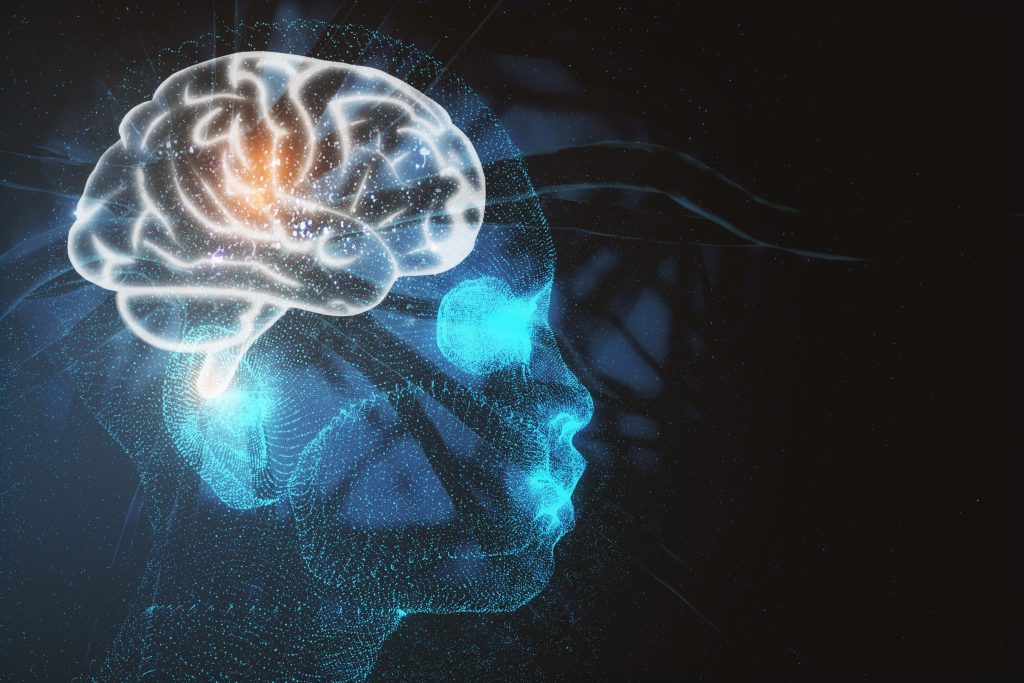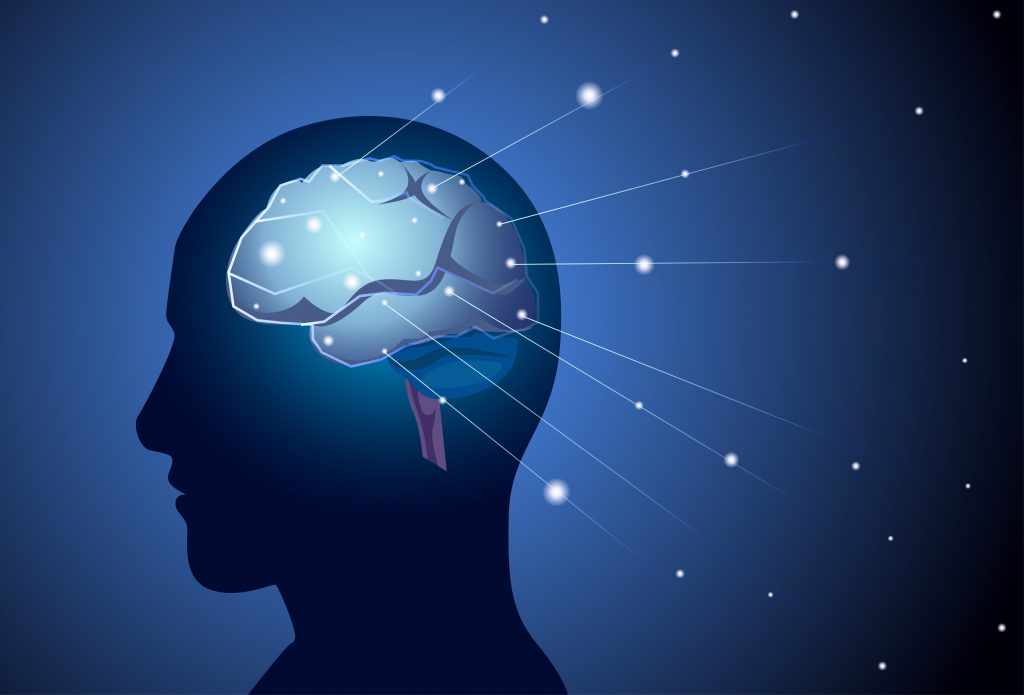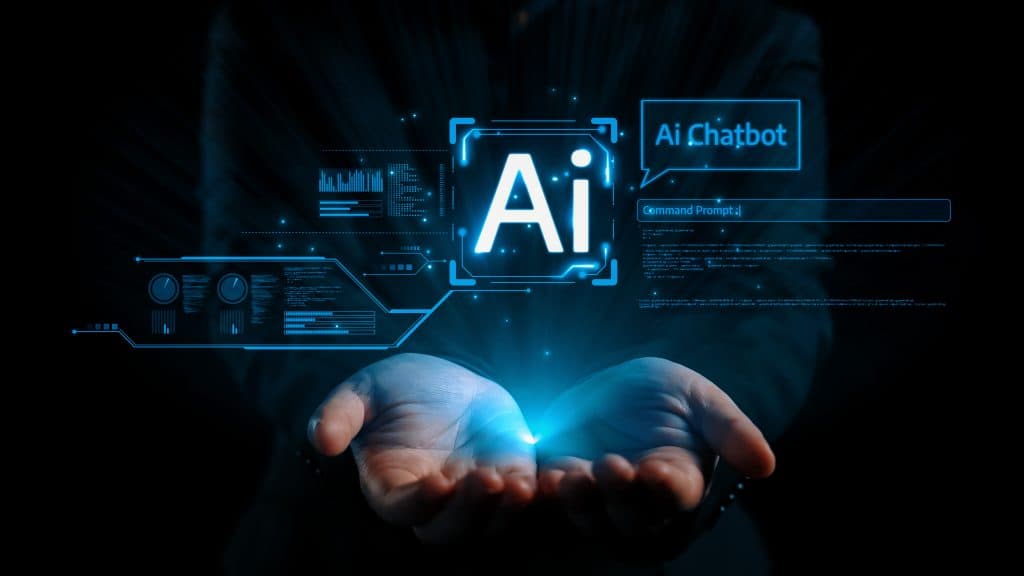How AI Is Quietly Rewiring the Human Brain
AI and the human brain may be changing. Studies show frequent AI use can reshape how people think and remember.
For years, researchers have tried to understand the connection between AI and the human brain. Now, new evidence suggests the shift may already be underway. Studies from cognitive science labs in the US and Europe indicate that people who rely heavily on AI tools could be rewiring how they think, remember, and solve problems.
The findings are early but consistent. When a person asks a machine to handle daily reasoning tasks, like summarizing text, making plans, or drafting ideas, the brain’s prefrontal circuits show less activity over time. Some scientists warn this could lead to a kind of “cognitive outsourcing,” where people become faster at retrieving information but slower at generating it.
Researchers are still debating whether these changes count as harm or adaptation. Technology has always shaped the brain, from writing to smartphones, but AI’s scale and intimacy make it different. For the first time, we’re building systems that don’t just hold our data. They share our thought space.
What Science Says About AI and the Human Brain
Neuroscientists are starting to map what happens when people rely on AI to think alongside them. Early brain imaging studies show that the parts of the brain responsible for focus and memory light up differently when someone completes a task with AI support. Instead of the usual deep processing patterns, scans reveal shorter bursts of attention followed by longer pauses. Researchers think the brain is learning to wait for the machine to fill in the gaps.
One experiment at a university in Japan asked volunteers to solve logic puzzles both with and without AI suggestions. Participants using AI finished faster but retained less information afterward. Their hippocampus, which handles memory formation, showed reduced activation compared with those who worked unaided. It’s a small sample, but the finding raises questions about how constant exposure to machine reasoning might dull certain mental reflexes.
Another line of research is examining the emotional side of AI and the human brain. When people interact with chatbots for extended periods, their brain releases dopamine, the chemical tied to reward and connection. Over time, that feedback loop can make conversations with AI feel strangely comforting, even addictive. Scientists say it mirrors how the brain bonds with social media — fast hits of affirmation that slowly reshape how we seek attention and validation.
For now, no one knows whether these neural shifts are temporary or lasting. The brain is remarkably adaptable. But the evidence points to one clear truth: the more we think with AI, the more AI starts to shape the way we think.
Attention, Memory, and Emotional Effects

Research into AI and the human brain shows that constant interaction with intelligent systems can subtly alter attention and memory. People who rely on AI to summarize information or generate ideas often spend less time actively thinking through problems. Over weeks and months, this may weaken the brain’s ability to retain details and recall information independently.
Emotional effects are also emerging. Extended conversations with AI chatbots can create a sense of comfort and connection. Brain scans indicate small dopamine responses, similar to what happens with social media rewards. Experts warn that repeated exposure could make users emotionally reliant on AI, seeking reassurance from machines rather than people.
These changes are not necessarily catastrophic, but they highlight a new challenge. The integration of AI into daily life is reshaping both cognitive and emotional patterns. Understanding AI and the human brain is key to using these tools without unintentionally dulling critical thinking or social connection.
Real-World Implications of AI on the Human Brain
The effects of AI and the human brain are already visible in daily life. In workplaces, employees increasingly rely on AI to draft reports, analyze data, or generate creative ideas. This reduces cognitive load but can also make people less confident in their independent problem-solving skills. Over time, reliance on AI may shift the balance between human intuition and machine assistance.
In education, students using AI for writing and research might finish assignments faster but struggle to internalize concepts. Teachers report that some learners depend heavily on AI-generated answers rather than developing critical thinking. This raises questions about how cognitive skills are being reshaped in classrooms.
Socially, AI can affect how people interact. Chatbots and virtual assistants provide instant responses and validation, which may change expectations in human relationships. Users might start favoring fast, predictable feedback from machines over nuanced conversations with peers.
These examples highlight that AI is not just a tool. It is an active force shaping how the brain works, influencing thinking, memory, and emotional habits. Paying attention to these changes is essential for understanding the long-term impact of AI on cognition and society.
How to Protect Your Brain While Using AI

As AI and the human brain become increasingly intertwined, experts recommend strategies to maintain cognitive and emotional health. One key approach is setting boundaries. Limit the time spent relying on AI for tasks that require critical thinking or creativity. Give your brain regular opportunities to solve problems without machine assistance.
Active engagement is another important strategy. Take notes by hand, summarize ideas in your own words, and challenge yourself to recall information without AI prompts. These practices strengthen memory and help prevent over-reliance on technology.
Emotional awareness is also crucial. Pay attention to how interactions with AI affect your mood or social habits. Avoid using AI as a substitute for meaningful human connection. Seek real-world feedback and maintain diverse sources of interaction to keep social and emotional skills sharp.
By combining thoughtful use of AI with traditional cognitive exercises, it is possible to harness the benefits of technology without unintentionally reshaping the brain in ways that limit independent thinking. Understanding AI and the human brain helps users stay in control while still benefiting from powerful tools.
Conclusion
AI and the human brain are entering a new phase of interaction. Tools that help us write, analyze, and solve problems are reshaping attention, memory, and even emotional patterns. The changes are subtle, often invisible, but they suggest that constant reliance on AI can influence how we think and feel over time.
This does not mean AI is inherently harmful. With awareness and intentional use, people can enjoy its benefits while protecting their cognitive skills. Setting limits, engaging actively with information, and maintaining real-world connections can help preserve independent thinking.
As technology evolves, understanding AI and the human brain is essential. It allows us to use artificial intelligence responsibly, making it a partner in thought rather than a substitute. The challenge is to stay informed, intentional, and mindful, ensuring that our brains remain active participants in a world increasingly shaped by AI.
Related Articles

Feb 03, 2026
Read more
How Claude Code Is Changing How Anthropic Builds Software
Claude Code is Anthropic’s AI coding tool, transforming how engineers work and shaping the future of AI-powered software development.

Jan 27, 2026
Read more
Why So Many See an AI Bubble Emerging
Is the AI bubble real or just hype? A clear look at why AI feels overheated, how tech bubbles form, and what history suggests comes next.

Jan 20, 2026
Read more
The Problem With AI Image Safeguards
The technical limits of AI image safeguards are becoming clear as image tools spread, revealing why abuse and misuse are so hard to stop.

Jan 13, 2026
Read more
How to Choose the Right AI Tool in 2026 (Without Wasting Money)
Not sure how to choose the right AI tool in 2026? This guide helps you avoid hype, save money, and pick tools that actually fit how you work.

Jan 06, 2026
Read more
Best AI Tools for 2026: What’s Actually Worth Using
The best AI tools for 2026 aren’t the most hyped ones. This guide cuts through the noise to highlight AI tools that actually earn their place.

Dec 30, 2025
Read more
Best Microlearning Apps for 2026: Learn New Skills in Minutes
Best microlearning apps to grow your skills quickly, fit lessons into your day, and make learning simple and effective.
